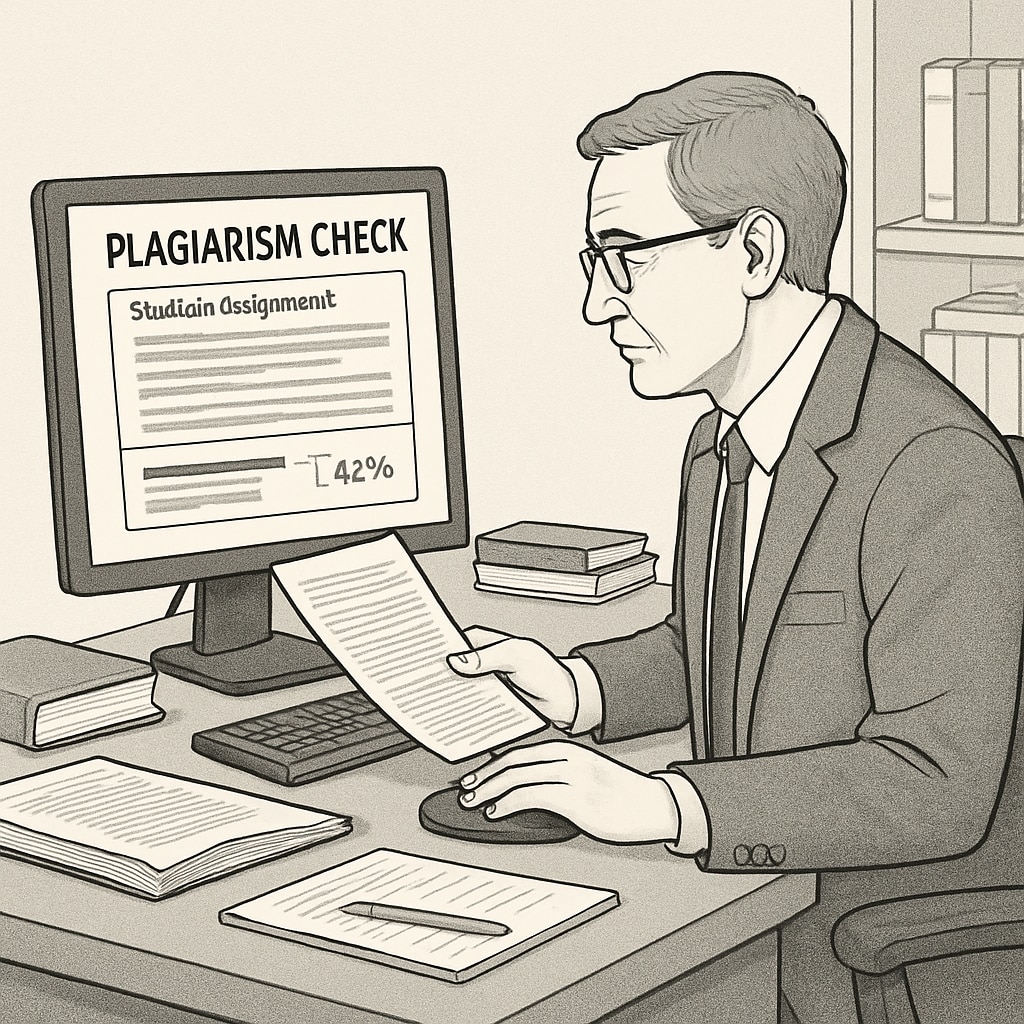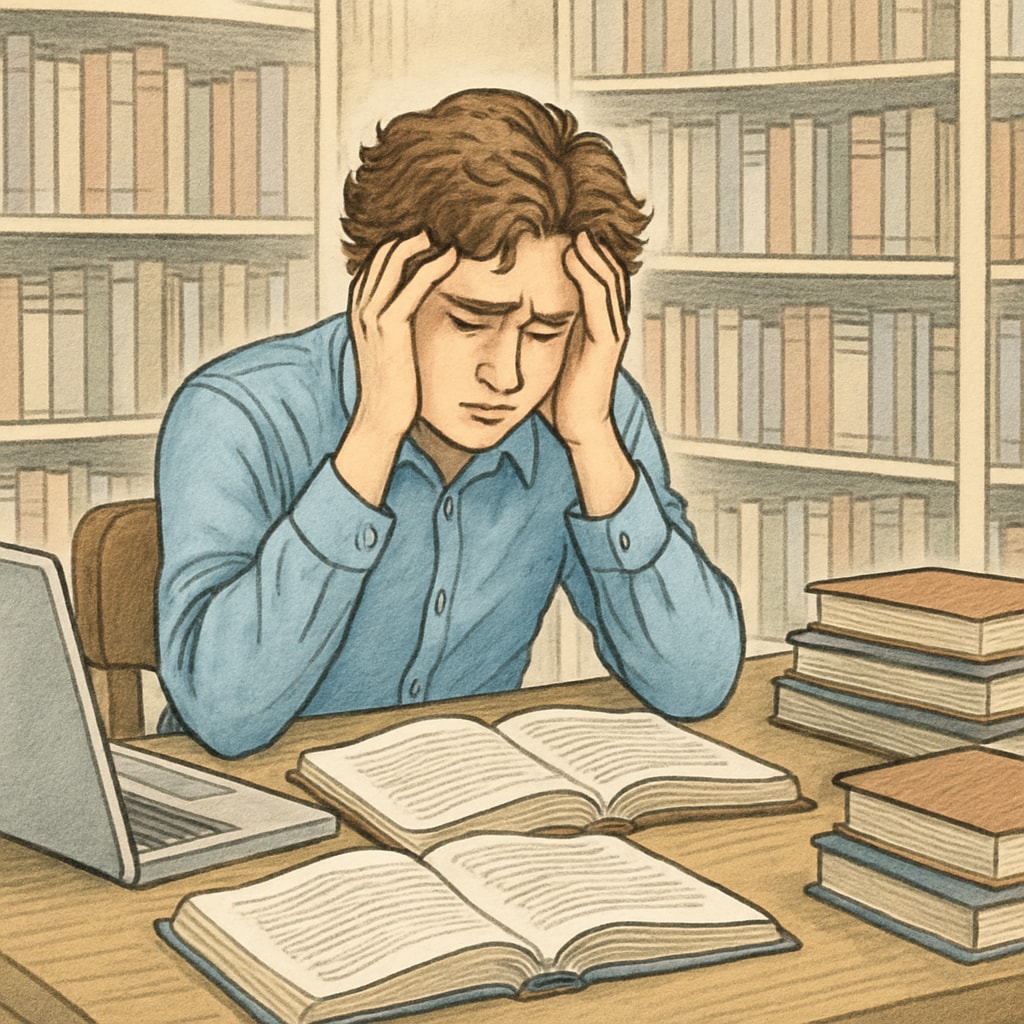Plagiarism accusations, especially when made in error, can have significant consequences for students. When professors wrongly accuse students of plagiarism, it not only affects academic records but also undermines trust in the educational system. This article delves into the reasons behind such mistakes, the impact on students, and how the educational system can better address this issue.
Understanding Why Professors May Mistakenly Accuse Students
Professors, tasked with upholding academic integrity, sometimes err in identifying plagiarism. Several factors contribute to these errors, including reliance on plagiarism detection software, unconscious biases, or even misinterpretation of students’ work.
- Over-reliance on software: Many educators use plagiarism detection tools like Turnitin to identify copied content. However, these tools are not infallible. They can flag common phrases or correctly cited sources as plagiarized, leading to false positives.
- Unconscious bias: Professors may unintentionally hold biases against certain students based on their past performance, language proficiency, or other factors. This can influence their judgment and lead to unfair accusations.
- Misunderstanding of cultural or academic practices: In some cases, international students may follow citation styles or academic norms that differ from those expected in their current institution, leading to misunderstandings.

The Impact of False Plagiarism Accusations on Students
False accusations of plagiarism can have far-reaching consequences for students, both academically and emotionally. These impacts can range from immediate penalties to long-term damage to their reputation and mental health.
- Academic penalties: Even a wrongful accusation can result in failing grades, suspension, or academic probation. These penalties can delay graduation or impact scholarship opportunities.
- Emotional distress: Being accused of dishonesty can severely affect students’ self-esteem and cause anxiety, depression, or feelings of isolation.
- Reputation damage: A record of plagiarism, even if later proven false, can tarnish a student’s reputation in academic and professional circles.
For example, a study published by Britannica highlights the psychological toll of false accusations, emphasizing the importance of fair and transparent evaluation processes.

Solutions: Promoting Fair Evaluation and Protecting Student Rights
To prevent wrongful accusations and ensure a fair academic environment, several solutions can be implemented:
- Training educators: Professors should receive training on how to use plagiarism detection tools effectively and understand their limitations. Additionally, workshops on cultural competence can help reduce biases.
- Establishing clear guidelines: Institutions should create clear and accessible guidelines for academic integrity, including examples of proper citation and common practices.
- Building a fair appeals process: Students must have access to an impartial review system where they can contest accusations. This ensures that their voices are heard, and errors can be corrected.
- Encouraging communication: Open dialogue between students and professors can help clarify misunderstandings and prevent premature accusations.
For more information on academic integrity and best practices, refer to Wikipedia’s article on plagiarism.
A Call for Balance in Maintaining Academic Integrity
While maintaining academic integrity is crucial, it is equally important to ensure that students are not unfairly targeted. Professors, as educators and mentors, must strive to balance the need for honesty with the responsibility to protect student rights. By implementing fair evaluation practices and fostering a culture of trust, the educational system can uphold integrity without compromising justice.
In conclusion, addressing wrongful plagiarism accusations requires systemic reforms, ongoing education, and a commitment to fairness. Only by recognizing the complexities of this issue can institutions create an environment where both academic integrity and student rights are safeguarded.


